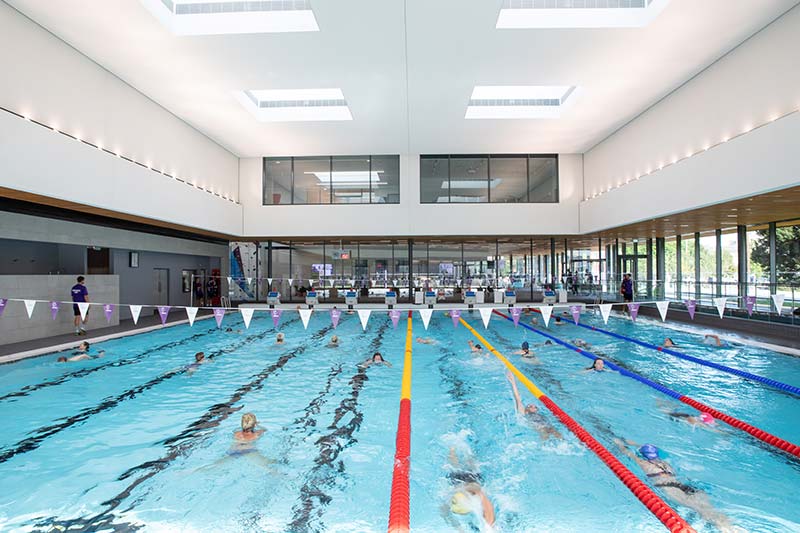Overview
Discover the power of art in games by studying BA (Hons) Computer Games Art at Portsmouth – two-time winner of TIGA's Best Educational Institution award (2021, 2014).
You'll delve into how game assets are created and used by exploring game art and developing your skills across drawing, modelling, animation, texturing, and composition. You can apply that knowledge in many ways, from collaborating with fellow students on live industry projects to working professionally on an optional placement. With our established relationships with acclaimed national and international games companies – including Rare, Codemasters, Jagex, Stainless, and Climax – you’ll always stay on top of the latest industry standards.
By the end of this course, you'll become a versatile games artist ready to transform the games, creative, and tech industries.
Course Highlights
- Develop traditional art knowledge by learning concepts such as art theory, observational life drawing, high-resolution digital sculpting, digital substance creation and texture painting
- Gain skills in 3D art by working with real-time engine-compatible 3D modelling, animation rigging and skinning, and engine special effects – with games engines like Unreal and motion capture technologies
- Work with the latest and future technologies in our impressive facilities, including the UK's first ever Centre for Creative Immersive and Extended Reality (CCIXR)
- Enhance your teamworking skills by collaborating with other Games students on game projects, including our annual prize-giving University GameJam
- Expand your cultural horizons by studying abroad in Europe as part of the Turing Scheme
- Wow potential future employers by showcasing your final-year work at our annual Graduate Showcase
Careers and opportunities
With an estimated global value of $131.23 billion (£97.95 billion) in 2020, the computer games industry is a force to be reckoned with. In the UK, it contributed £2.2 billion to Gross Domestic Product (GDP) in 2019/20, and the number of workers in the field grew to 18,279 (TIGA, 2020).
As the game industry and its workforce continue to expand – especially across sectors adopting its technologies and systems – multi-skilled and specialist graduates are more in demand than ever before.
Areas you can work in with a Computer Games Art degree
Areas you can work in include:
- computer games development
- visual effects
- synthetic training for healthcare, security, and defence
- simulation development
- architectural/historical visualisation
- marketing
- advertising
Jobs you can do with a Computer Games Art degree
Roles you can work in include:
- Games Artist
- 3D Artist
- Environment Artist
- Character Artist
- 3D Generalist
- Real Time Effects Artist
- Technical Artist
- Indie Games Developer
Continuing your studies
You can also advance your studies to Master's level on MA or MSc courses focused on Games Art, as well as Computing courses depending on your specialisation.
















